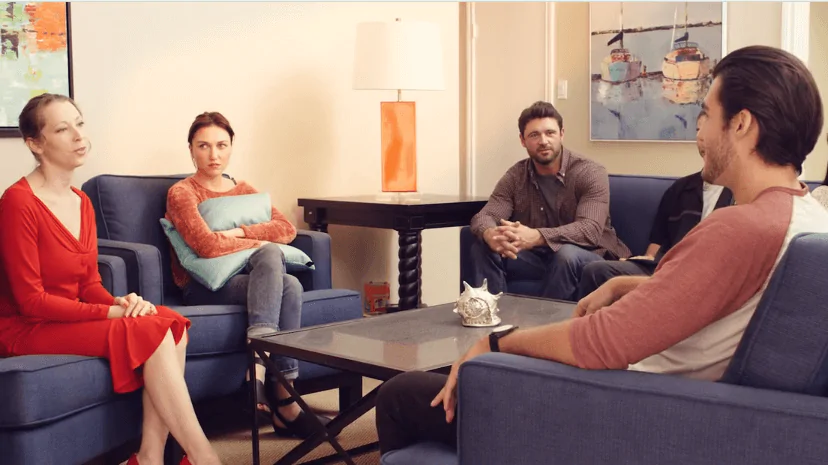24/7 Helpline:
(866) 899-221924/7 Helpline:
(866) 899-2219
Learn more about Substance Abuse Treatment centers in Big Rapids

Other Insurance Options

CareSource

Ceridian

CareFirst

Optum

EmblemHealth

Magellan

WellPoint

Carleon

Lucent

Regence

Health Partners

American Behavioral

Covered California

MVP Healthcare

Highmark

Private insurance

Health Choice

Medical Mutual of Ohio

Amerigroup

ComPsych

Ten16 Recovery Network
Ten16 Recovery Network has a proud history of providing services to people impacted by substance use...

Community Mental Health Services
Community Mental Health Services is a public rehab located in Big Rapids, Michigan. Community Mental...

Nova Counseling Associates
Nova Counseling Associates is a private rehab located in Big Rapids, Michigan. Nova Counseling Assoc...





























































































































